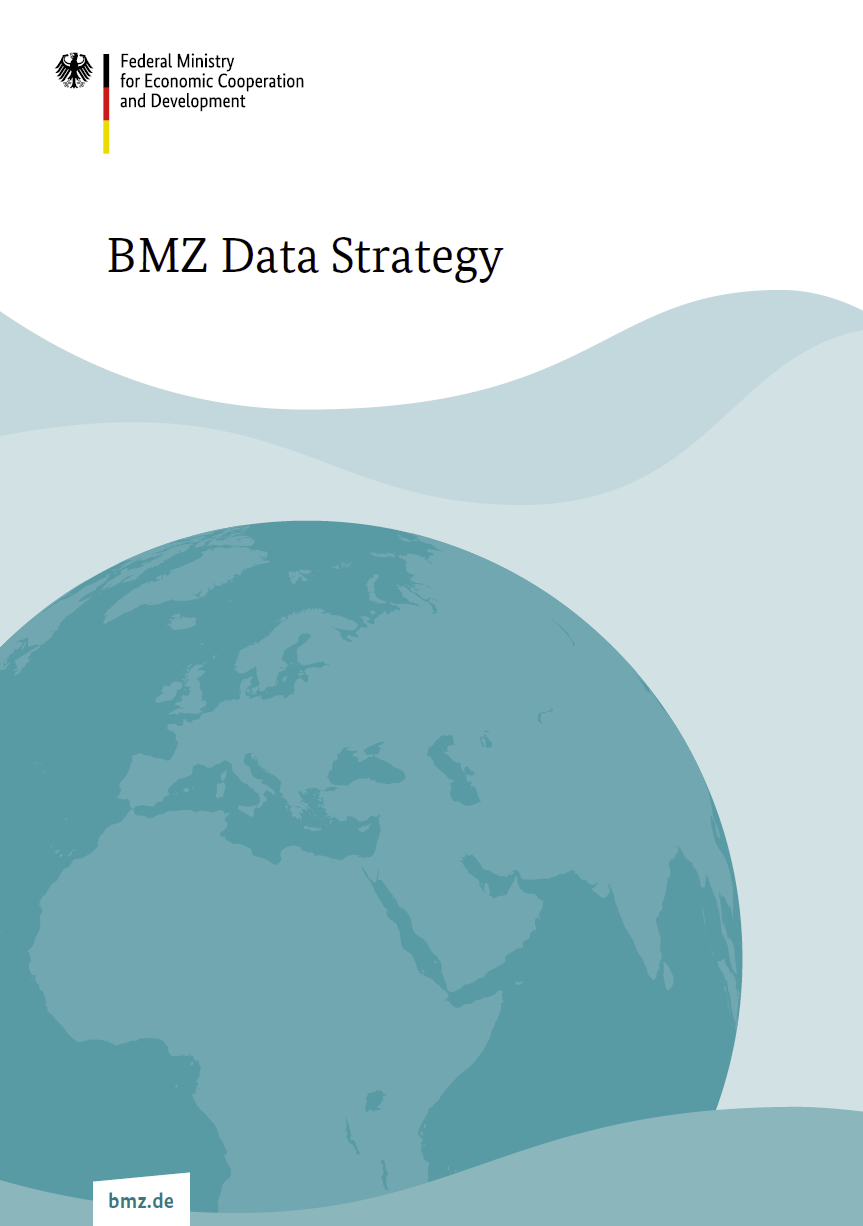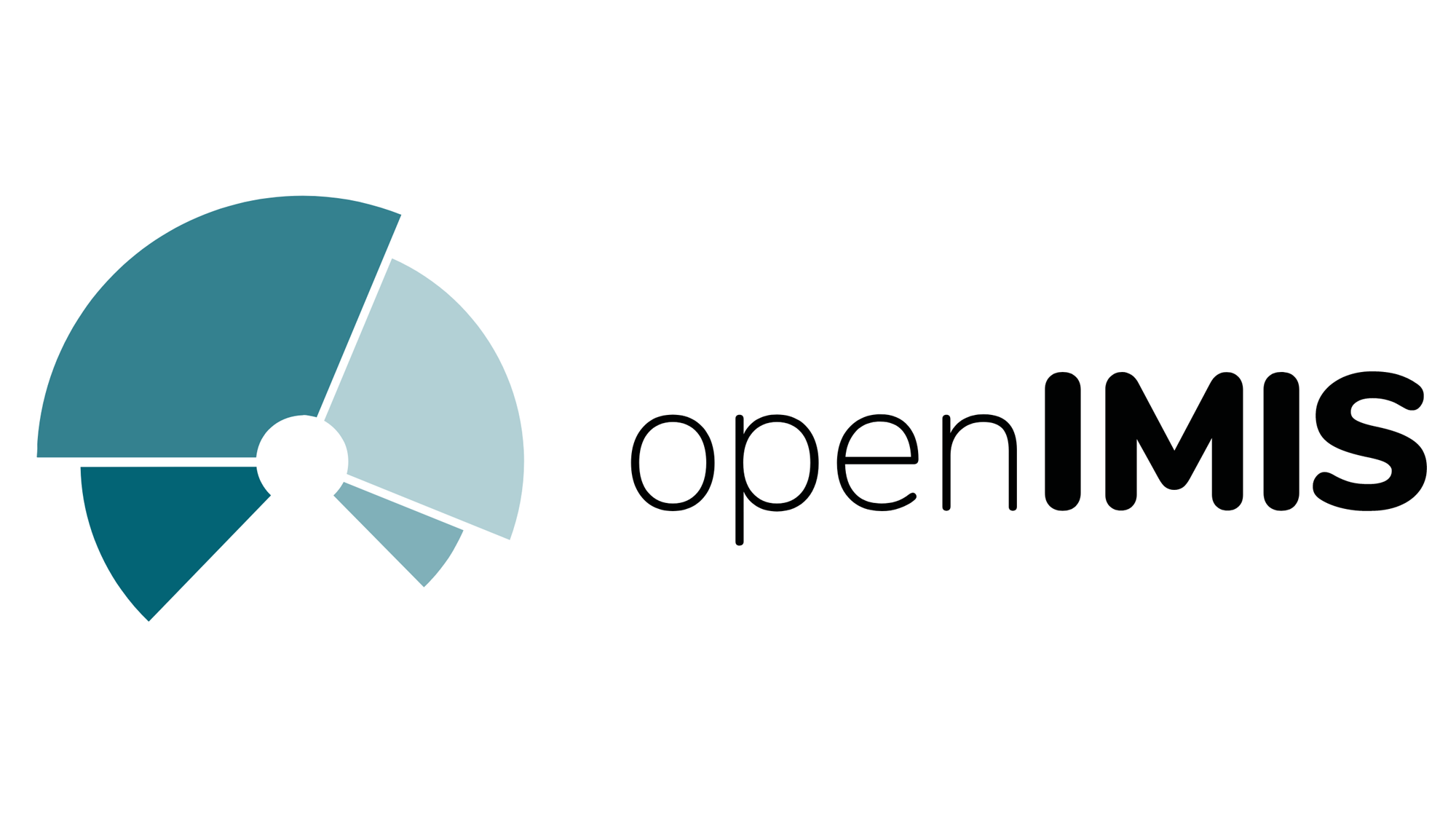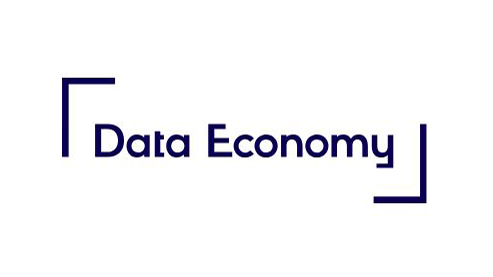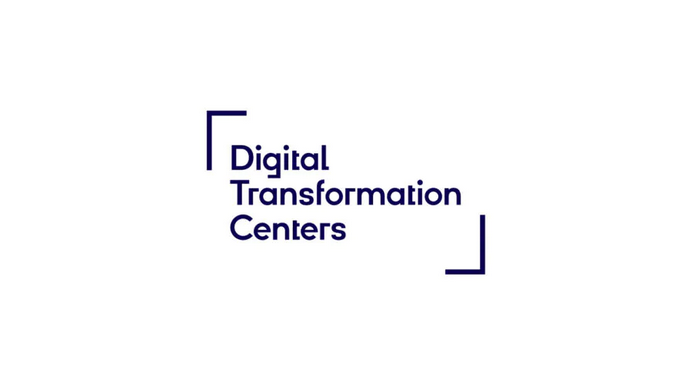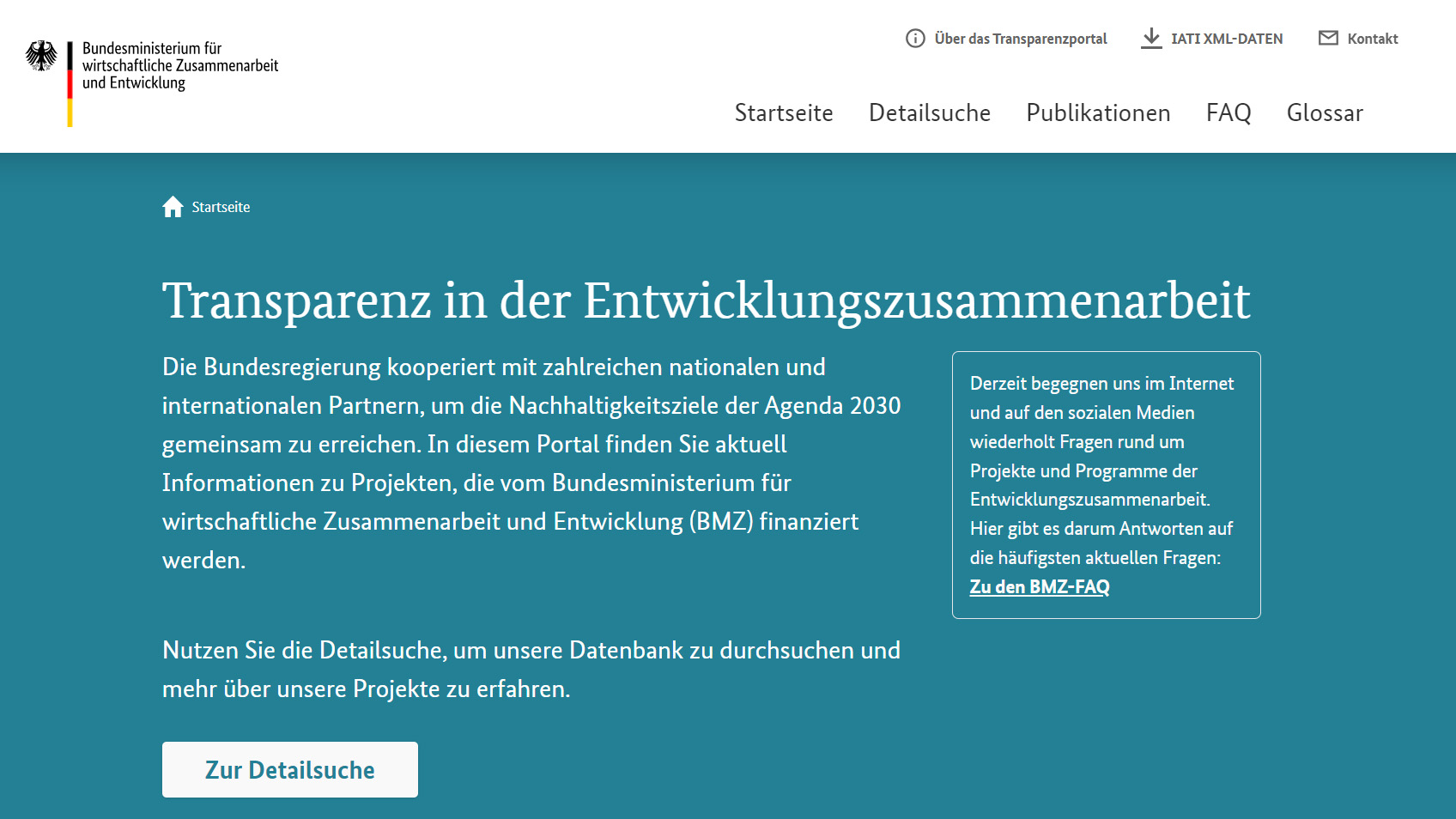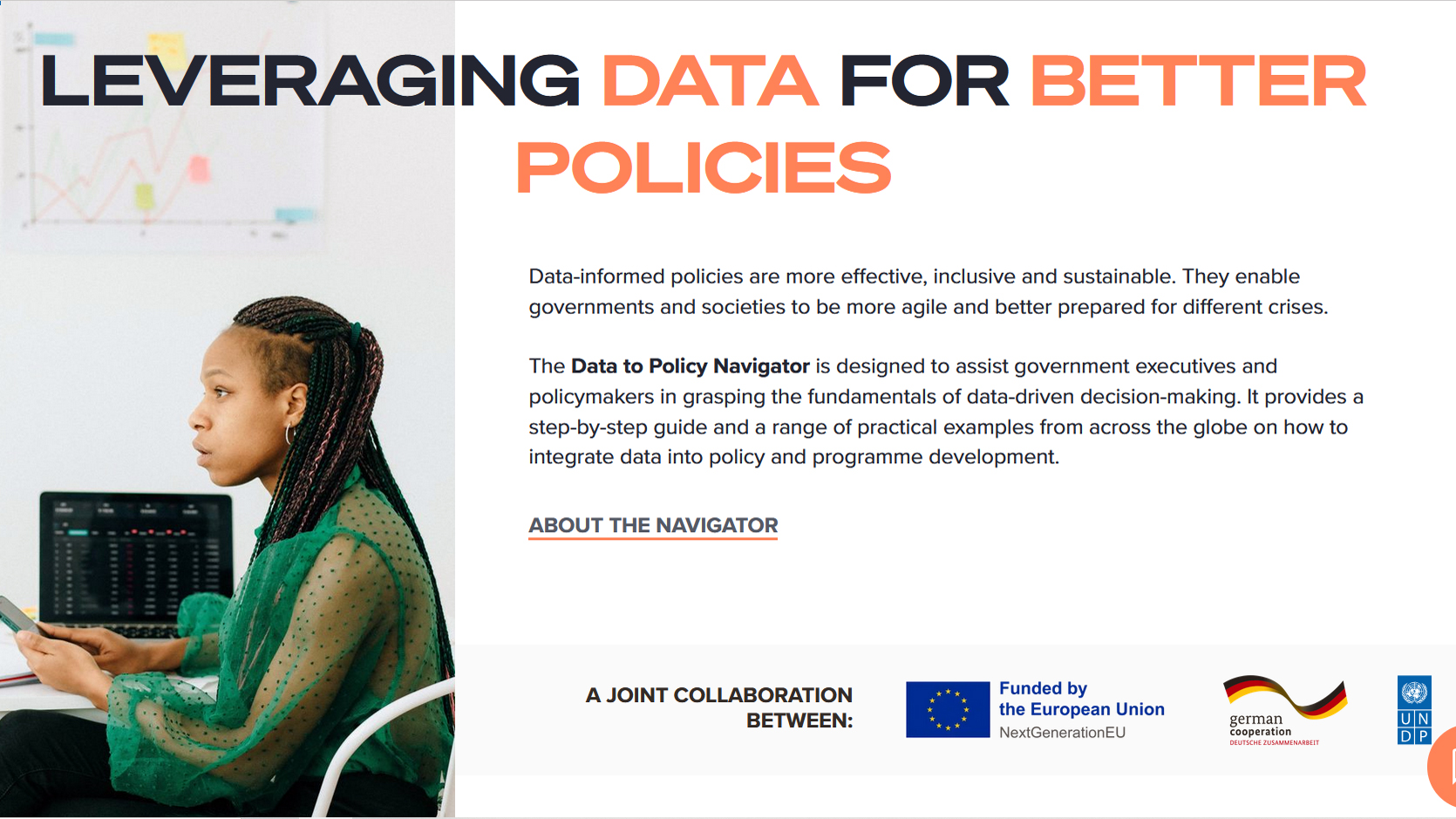BMZ Data Strategy Using data for development
Germany’s Federal Ministry for Economic Cooperation and Development (BMZ) is supporting the countries of the Global South in doing this.
The BMZ itself also uses data and new methods of data analysis to help it plan, make decisions and provide transparency for the public.
That is why the ministry has drawn up a strategy setting out the goals, principles and methods of responsible data use.
Aims
- Data for sustainable and human-centred development in partner countries: The BMZ is supporting its partner countries in their efforts to use data for their development processes and economic, social and environmental transformation and to upgrade their data infrastructure.
- Data for development policy decisions: The BMZ is increasingly using data as a basis for development policy decisions and for evidence-based development policy. It is using both traditional methods of statistics and modern analytical methods such as machine learning and AI.
- Data for transparent development policy: The BMZ keeps the public transparently informed about German development cooperation activities by publishing up-to-date and meaningful data (particularly on the transparency portal (External link) (in German)).
- Data-based alliances and partnerships: The BMZ is expanding its cooperation with the data units of international organisations, including other ministries, think tanks, academia, civil society, the private sector and implementing organisations.
- Data infrastructure, data management and data culture: The BMZ is further developing its infrastructure, modernising its data management and strengthening the data culture and data skills in its own administrative structure.
As at: 02/09/2024
